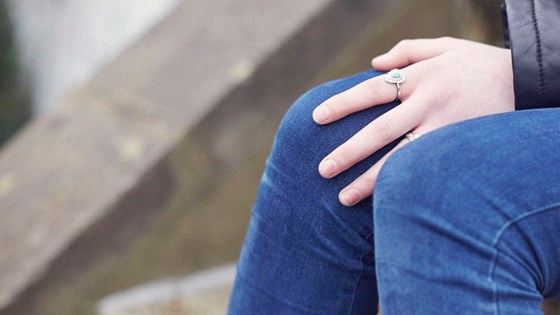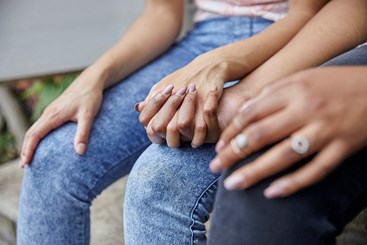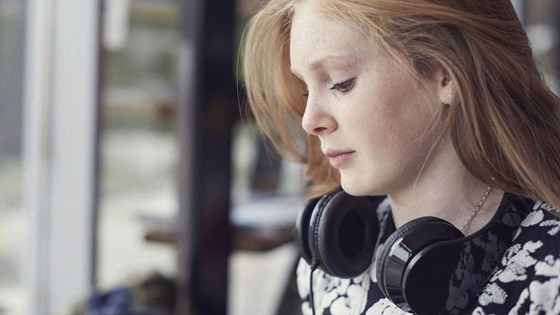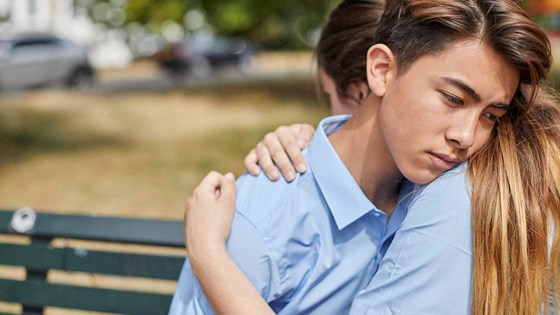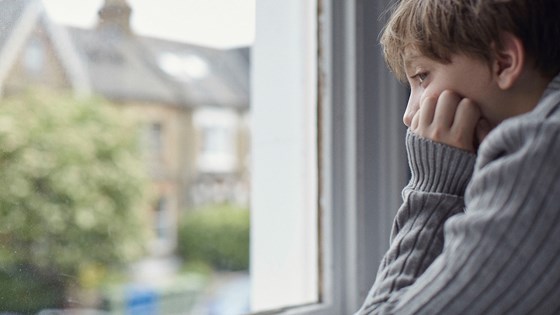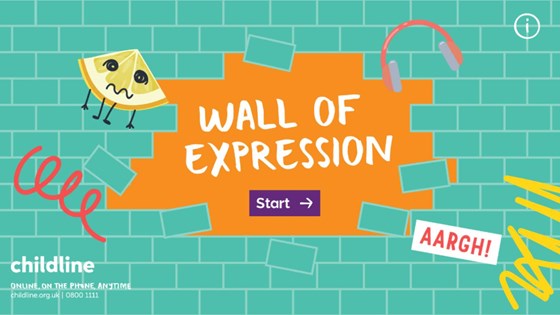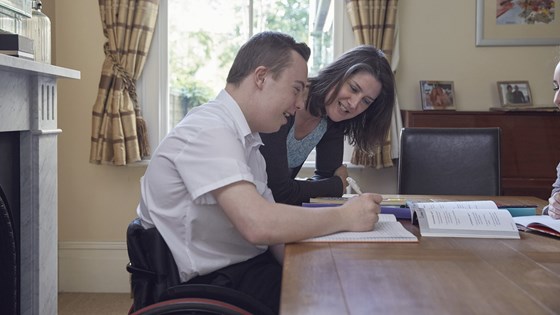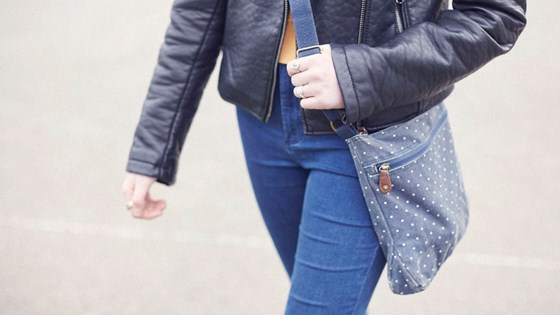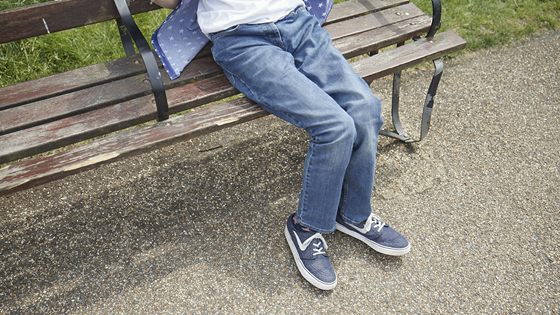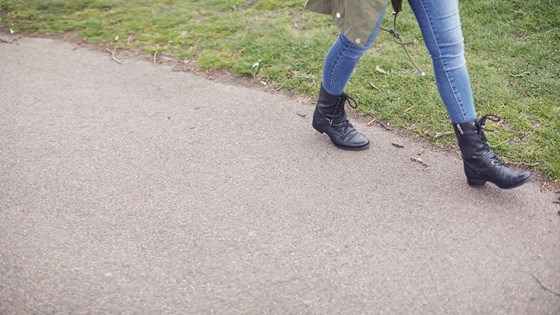
Rape and sexual assault
Being raped or sexually assaulted can leave you with a lot of difficult feelings, but we're here to help you.
What to do if you've been raped
Remember that what happened isn't your fault. You have nothing to be ashamed of. There's no right or wrong way to feel after it's happened, but you don't have to cope alone.
Talking about a rape or sexual assault can be really difficult, but it's important to get support.
Getting advice doesn't always mean you have to report what's happened, you can get support from:
Things to remember:
- it's never too late to tell someone. Talking about what happened can help you move forward
- it was not your fault
- if you're feeling scared and vulnerable, Childline is here for you on 0800 1111
- rape can happen to anyone.
What is rape? (WARNING - Explicit language)
Rape is when someone forces their penis into another person's vagina, mouth or anus (bottom) without consent. This can happen to any gender, including boys and girls.
Rape is against the law. If you're not sure whether it's happened, you can get support.
When 2 people have sex, it’s really important that they both give their consent. This means that they both want to have sex, and both agree to it. And they both have the right to change their mind at any time. You can say ‘no’ even if you’ve had sex with that person before.
Rape can happen in a relationship. If you’re in a relationship, you both need to agree to have sex. Being forced to have sex is rape, whether it is with your partner, family, friend or somebody else.
What is sexual assault? (warning - explicit language)
Sexual assault is when somebody intentionally touches you in a sexual way without your consent (permission). For example, if a friend’s brother forces their hand onto your private parts when you don’t want them to – this would be sexual assault.
If somebody forces their fingers or an object inside of you (either your vagina or bottom) this is also assault. Both girls and boys could be sexually assaulted by either males or females.
How rape and sexual assault can make you feel
It’s normal for rape or sexual assault to lead to different feelings and emotions. You could be feeling:
Shocked: You might feel ‘numb’ or surprisingly calm about what happened. You might feel shocked and like you can’t understand what happened.
Embarrassed: You might be worried about what people will think and how you will tell them. Read about embarrassment.
Guilty: You might think that it was your fault – even though this isn’t true. You could be angry at yourself for not stopping it. But you shouldn’t be angry at yourself.
Scared: You might have flashbacks or nightmares and feel frightened about being alone. This is a natural reaction. And it’s likely that this will get better over time.
Angry: You might want to hurt the person responsible. You may also feel like this towards yourself – even though it wasn’t your fault.
Depressed: You could feel hopeless or sad - like you don’t have anything to look forward to anymore.
Sexual abuse: how we can help
can be hard to
TALK ABOUT IT
Getting support with STIs and pregnancy
It's not always easy to tell whether you've caught a sexually transmitted infection (STI) from someone, but it's important to get help if you have been sexually assaulted.
Your doctor or a sexual assault referral centre can give you confidential support with what's happened and can test you for STIs. If you're worried. It can be difficult to think about, but if you think there's a chance you might be pregnant, they can support you.
Getting medical support doesn't mean that you have to report what's happened, and you can ask about confidentiality before you say anything.
Speaking to Childline is confidential, and you can talk to them about anything.
Staying safe from date rape drugs
If you take one (or someone makes you take one) they can make you feel dizzy, confused and helpless. This means someone can take advantage of you and make you do things you don’t want to do.
Date rape drugs don’t smell or taste of anything, so they could be given to you without you realising it. Someone could put it in your drink without you knowing. That’s why it’s really important to make sure you don’t leave your drink out of your sight at a party, club or gig. It’s also much safer to make sure you don’t let a stranger or someone you hardly know buy you a drink.
If you’re out or at a party:
DO
- keep your drinks with you at all times, even if you go to the bathroom
- buy and open your own drinks
- buy bottled drinks so you can keep your thumb over the rim in crowded areas
- go to parties with people you trust
- arrange how you will get back before you go out and let people know your plans.
DON'T
- take drugs if somebody offers them to you. They can have the same effect as the date rape drug and can make you extremely vulnerable
- let strangers buy you drinks
- let people pass you drinks to share or share drinks with others
- don’t drink from punch bowls (or ‘fish bowls’) that lots of strangers are sharing.
Staying safe from date rape drugs
Other helpful sites:
Police UK will help in an emergency. Dial 101 to contact our local police station. Dial 999 in an emergency.
Rape Crisis (England and Wales) is free to call on 0808 802 9999 for and offers help and support.
Rape Crisis Scotland offers support and advice if you're in Scotland. It's free to call on 0808 801 0302.
Survivors UK (Male rape) supports men and boys who've experienced sexual abuse and rape.


